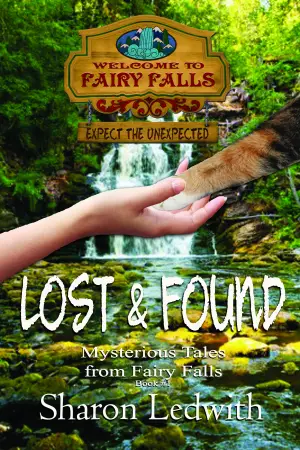I recently finished reading Ego is the Enemy by Ryan Holiday, and I felt compelled to share my thoughts about it. As someone who’s always been drawn to self-improvement and philosophical texts, this book immediately caught my attention. The title itself suggests a deep exploration of the ego and its detrimental effects, which resonated deeply with my own experiences and struggles.
In Ego is the Enemy, Holiday asserts that “history is also made by individuals who fought their egos at every turn,” which sets the stage for a thought-provoking narrative on how our own self-importance can hinder our potential. The book is structured around three phases: Aspiration, Success, and Failure, each delving into how ego can act as a roadblock within these stages of our lives.
One aspect I appreciated about the book was the digestible style in which complex ideas were presented. Holiday effectively breaks down hard-hitting lessons into relatable anecdotes. Each chapter begins with an engaging story—like that of Jackie Robinson—illustrating the consequences of unchecked ego. This storytelling approach adds a human element, making it easier to grasp important concepts. The historical lessons are sharp, and I found them incredibly motivating. Readers often note this quality; for instance, Ian Mann praised the book for its focus on the common affliction of an overbearing ego in ambitious individuals.
However, despite its many strengths, the book does have its drawbacks. Some readers point to moments when the tone felt heavy-handed or overly corrective rather than inspiring. For someone looking for light motivation, this could be off-putting. Additionally, while I found the insights to be thought-provoking, a couple of passages seemed repetitive, reiterating ideas that could have been explored further instead.
Another positive takeaway from the book was its call for humility. Holiday emphasizes the importance of being grounded, an idea mirrored in his discussion of figures like Angela Merkel, who maintained her equilibrium in crisis situations. By highlighting the need to temper one’s ambitions with humility, the author offers actionable advice for avoiding the trappings of ego, which I found refreshing.
Yet, one criticism shared among readers is that some might feel overwhelmed by the wealth of insights and practical advice. There’s a lot to digest, and not every reader may be ready to confront their ego so directly. I had moments of discomfort myself, as Holiday does not coddle his audience; he challenges us to look inward and face our flaws—something that not everyone will appreciate.
Overall, I came away from Ego is the Enemy with a clearer understanding of how my own ego can influence my life. The book is rightly described as “thought-provoking” and “readable,” embodying a blend of practical philosophy and actionable advice. Even as I acknowledged its drawbacks, I found that these contributed to a richer reading experience rather than detracted from it.
In conclusion, I highly recommend Ego is the Enemy to anyone interested in personal development or philosophy. It’s a book that requires introspection and can lead to significant personal growth if you allow it to. Whether you resonate with the larger historical narratives or the smaller, personal lessons, there is something for everyone here. In my journey through the book, I felt challenged but ultimately empowered to take control of my ego and strive for a more balanced perspective in both my aspirations and my future successes.








